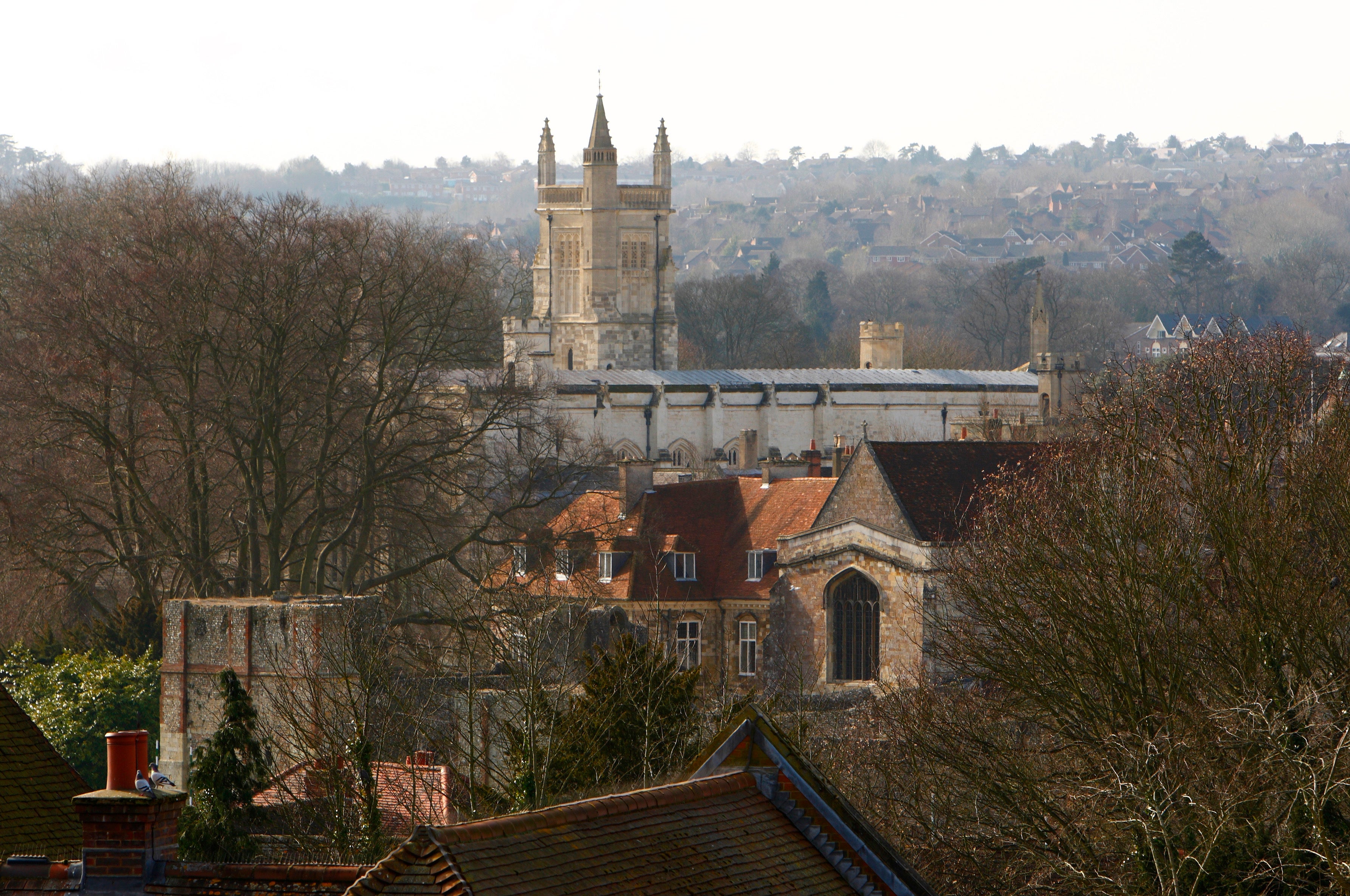Boarding school apologises for ‘terrible’ historic abuse
Winchester College did not use ‘basic safeguards’ during the 1970s and 1980s in allowing John Smyth QC to infiltrate the school, a review has found.

Your support helps us to tell the story
From reproductive rights to climate change to Big Tech, The Independent is on the ground when the story is developing. Whether it's investigating the financials of Elon Musk's pro-Trump PAC or producing our latest documentary, 'The A Word', which shines a light on the American women fighting for reproductive rights, we know how important it is to parse out the facts from the messaging.
At such a critical moment in US history, we need reporters on the ground. Your donation allows us to keep sending journalists to speak to both sides of the story.
The Independent is trusted by Americans across the entire political spectrum. And unlike many other quality news outlets, we choose not to lock Americans out of our reporting and analysis with paywalls. We believe quality journalism should be available to everyone, paid for by those who can afford it.
Your support makes all the difference.Winchester College has issued an apology to the victims of a Christian barrister who infiltrated the school in the 1970s and 1980s and abused a number of pupils during that time.
The Hampshire boys’ boarding school published an independent review on Tuesday into abuse committed by John Smyth QC, who died in South Africa in 2018, against former pupils.
Smyth, a barrister and evangelical Christian, chaired the Christian charity the Iwerne Trust from 1974 to 1982, which ran religious holiday camps for boys, with students from leading public schools – including Winchester – taking part.
Since 1982, a number of boys who had attended the camps have said that they were violently beaten by Mr Smyth.
Smyth's unfettered access to the College allowed him to groom boys and created opportunities for abuse
The abuse was brought to public attention by a Channel 4 documentary in 2017 and the book Bleeding For Jesus, by Andrew Graystone.
Following the Channel 4 programme, the fee-paying College commissioned a review from two independent experts, Jan Pickles OBE and Genevieve Woods.
The scope of the review was limited to events related to Winchester College.
Among the conclusions, the report found Smyth regularly participated in College events, including meetings of its Christian Forum.
The review concluded his access was not challenged by the school, although it adds there were “some attempts by individual staff members to question his involvement or restrict his access to certain pupils”.
It acknowledged that safeguarding procedures had changed over the past 40 years, but added “even basic safeguards which were common at the time for those in ministry or teaching roles, such as the use of interviews or references, were not utilised in relation to Smyth”.
The report noted: “Smyth’s unfettered access to the College allowed him to groom boys and created opportunities for abuse.”
In a letter at the start of their report, the reviewers noted: “The report concludes that John Smyth was primarily responsible for the harm which was done to pupils of the school in the 1970s and 1980s, but the systems which were in place at the time failed to monitor or deter his abuse and his coercive influence.
“The response of the College in 1982, when the abuse was disclosed, did not prevent Smyth from moving overseas to minister at other schools and continuing to work in positions of trust, where he committed horrific abuse against children.”
We acknowledge the courage and determination of the victims in pursuing the truth about John Smyth: their testimony lies at the heart of this review. The College apologises unreservedly for its part in their terrible experiences
The report concludes that the impact of Smyth’s abuse had been “traumatic and lifelong”.
It describes how he “built intimate and intense relationships with his victims to ensure their loyalty”, creating bonds with vulnerable young men which he took advantage of.
“That relationship was intrinsically linked to their faith, so that Smyth’s betrayal amounted not just to criminal physical violence, but to the emotional and spiritual abuse of young boys,” it said.
In a statement, the College said: “The Warden and Fellows wish to thank all the victims and witnesses who came forward to assist with this review.
“We acknowledge the courage and determination of the victims in pursuing the truth about John Smyth: their testimony lies at the heart of this review.
“The College apologises unreservedly for its part in their terrible experiences.”
They added that “all institutions, as this review urges, should challenge themselves to do better within a society where abuse is increasingly recognised and reported”.
“Vigilance must be constant.”
The school said it was pleased to confirm that the current safeguarding procedures have been “successfully inspected”.